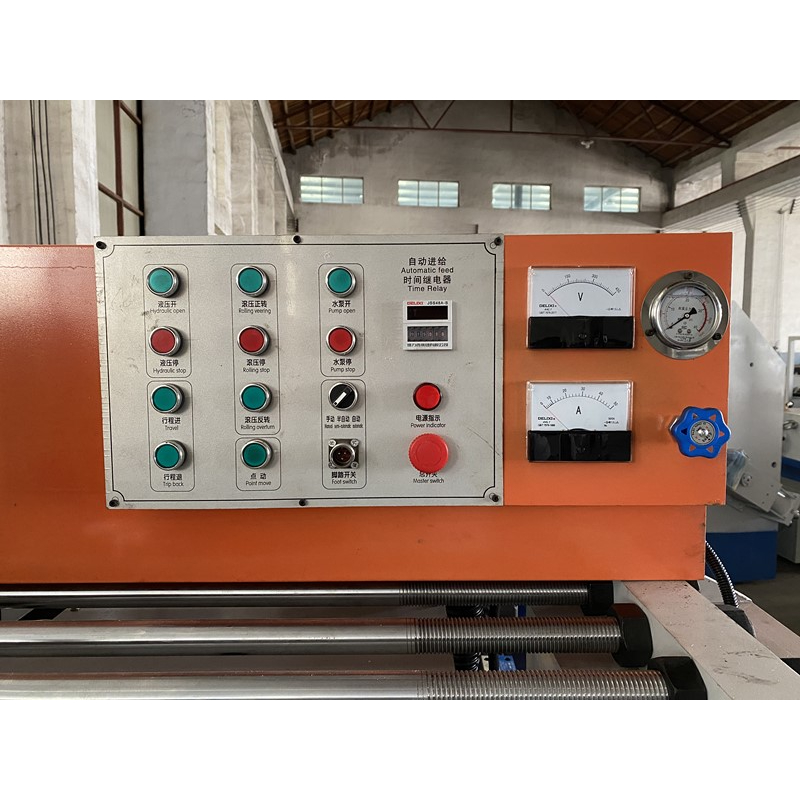
-
 Afrikaans
Afrikaans -
 Albanian
Albanian -
 Amharic
Amharic -
 Arabic
Arabic -
 Armenian
Armenian -
 Azerbaijani
Azerbaijani -
 Basque
Basque -
 Belarusian
Belarusian -
 Bengali
Bengali -
 Bosnian
Bosnian -
 Bulgarian
Bulgarian -
 Catalan
Catalan -
 Cebuano
Cebuano -
 Corsican
Corsican -
 Croatian
Croatian -
 Czech
Czech -
 Danish
Danish -
 Dutch
Dutch -
 English
English -
 Esperanto
Esperanto -
 Estonian
Estonian -
 Finnish
Finnish -
 French
French -
 Frisian
Frisian -
 Galician
Galician -
 Georgian
Georgian -
 German
German -
 Greek
Greek -
 Gujarati
Gujarati -
 Haitian Creole
Haitian Creole -
 hausa
hausa -
 hawaiian
hawaiian -
 Hebrew
Hebrew -
 Hindi
Hindi -
 Miao
Miao -
 Hungarian
Hungarian -
 Icelandic
Icelandic -
 igbo
igbo -
 Indonesian
Indonesian -
 irish
irish -
 Italian
Italian -
 Japanese
Japanese -
 Javanese
Javanese -
 Kannada
Kannada -
 kazakh
kazakh -
 Khmer
Khmer -
 Rwandese
Rwandese -
 Korean
Korean -
 Kurdish
Kurdish -
 Kyrgyz
Kyrgyz -
 Lao
Lao -
 Latin
Latin -
 Latvian
Latvian -
 Lithuanian
Lithuanian -
 Luxembourgish
Luxembourgish -
 Macedonian
Macedonian -
 Malgashi
Malgashi -
 Malay
Malay -
 Malayalam
Malayalam -
 Maltese
Maltese -
 Maori
Maori -
 Marathi
Marathi -
 Mongolian
Mongolian -
 Myanmar
Myanmar -
 Nepali
Nepali -
 Norwegian
Norwegian -
 Norwegian
Norwegian -
 Occitan
Occitan -
 Pashto
Pashto -
 Persian
Persian -
 Polish
Polish -
 Portuguese
Portuguese -
 Punjabi
Punjabi -
 Romanian
Romanian -
 Russian
Russian -
 Samoan
Samoan -
 Scottish Gaelic
Scottish Gaelic -
 Serbian
Serbian -
 Sesotho
Sesotho -
 Shona
Shona -
 Sindhi
Sindhi -
 Sinhala
Sinhala -
 Slovak
Slovak -
 Slovenian
Slovenian -
 Somali
Somali -
 Spanish
Spanish -
 Sundanese
Sundanese -
 Swahili
Swahili -
 Swedish
Swedish -
 Tagalog
Tagalog -
 Tajik
Tajik -
 Tamil
Tamil -
 Tatar
Tatar -
 Telugu
Telugu -
 Thai
Thai -
 Turkish
Turkish -
 Turkmen
Turkmen -
 Ukrainian
Ukrainian -
 Urdu
Urdu -
 Uighur
Uighur -
 Uzbek
Uzbek -
 Vietnamese
Vietnamese -
 Welsh
Welsh -
 Bantu
Bantu -
 Yiddish
Yiddish -
 Yoruba
Yoruba -
 Zulu
Zulu
Thread Rolling Machine Manufacturers and Production Facilities Overview
The Evolution and Importance of Thread Rolling Machine Factories
In the world of manufacturing, thread rolling machines play a crucial role in producing high-quality threaded components that are essential in various industries. As the demand for precision-engineered parts continues to rise, thread rolling machine factories have become integral to the supply chain, ensuring that everything from automotive to aerospace components are crafted with the utmost accuracy and efficiency.
Understanding Thread Rolling
Thread rolling is a metal forming process that creates threads on a workpiece by compressing metal between two dies. Unlike traditional cutting methods, which remove material to create threads, thread rolling displaces metal, resulting in stronger and more durable threads. This process enhances the fatigue strength of the component, making it especially valuable in applications requiring high levels of precision and strength.
The Role of Thread Rolling Machine Factories
Thread rolling machine factories are specialized facilities designed to manufacture, repair, and maintain thread rolling equipment. These factories are equipped with advanced technologies that enable them to produce machines capable of rolling threads with exceptional speed and accuracy. The production process within these factories involves multiple stages, including design, fabrication, assembly, and testing.
1. Design and Engineering The initial phase in a thread rolling machine factory involves designing machines that meet specific industry requirements. Engineers utilize computer-aided design (CAD) software to create precise models of the machines. This stage is critical as it ensures that the machines will be efficient, durable, and capable of producing high-quality threads.
2. Fabrication Once the designs are approved, the next step is fabrication. Factories use various materials, including high-grade steel and other alloys, to construct the machines. Advanced manufacturing techniques such as CNC machining and laser cutting are employed to achieve the desired precision and finish.
3. Assembly After fabrication, the components are assembled into a complete thread rolling machine. This process involves meticulous attention to detail, ensuring that all parts fit together perfectly and function as intended. Quality assurance checks are performed at various stages to detect any discrepancies early on.
thread rolling machine factories

4. Testing and Quality Control Before the machines leave the factory, they undergo rigorous testing to ensure they meet industry standards. This testing includes checking for accuracy, speed, and the quality of the threads produced. Once the machines pass all tests, they are certified and ready for shipment.
Industries Benefiting from Thread Rolling Machines
The applications of thread rolling machines are vast and span numerous industries. Some of the key sectors benefiting from these machines include
- Automotive Industry In automotive manufacturing, thread rolling machines are used to produce essential components such as bolts, screws, and other fasteners that hold vehicles together. The strength and reliability of these parts are critical to vehicle safety.
- Aerospace Industry The aerospace sector demands precision-engineered components that can withstand extreme conditions. Thread rolling machines are used to fabricate fasteners and fittings that meet stringent aerospace standards.
- Construction Sector Strong and durable threaded components are vital in the construction industry for securing structures and machinery. Thread rolling machines provide the necessary strength and precision for these applications.
- Electronics With the rise of smart technology and electronics, thread rolling machines are also employed to produce small, intricate threaded components used in devices ranging from smartphones to medical equipment.
Conclusion
As industries evolve and the demand for high-quality threaded components increases, thread rolling machine factories will continue to play a pivotal role in the manufacturing landscape. By embracing modern technologies and adhering to stringent quality standards, these factories ensure that they produce machines that meet the diverse needs of various sectors. The importance of thread rolling machines in creating reliable, durable products cannot be overstated, making them a cornerstone of modern manufacturing. As we move forward, the innovations within thread rolling technology will undoubtedly drive further advancements in production efficiency and material science, shaping the future of manufacturing.
